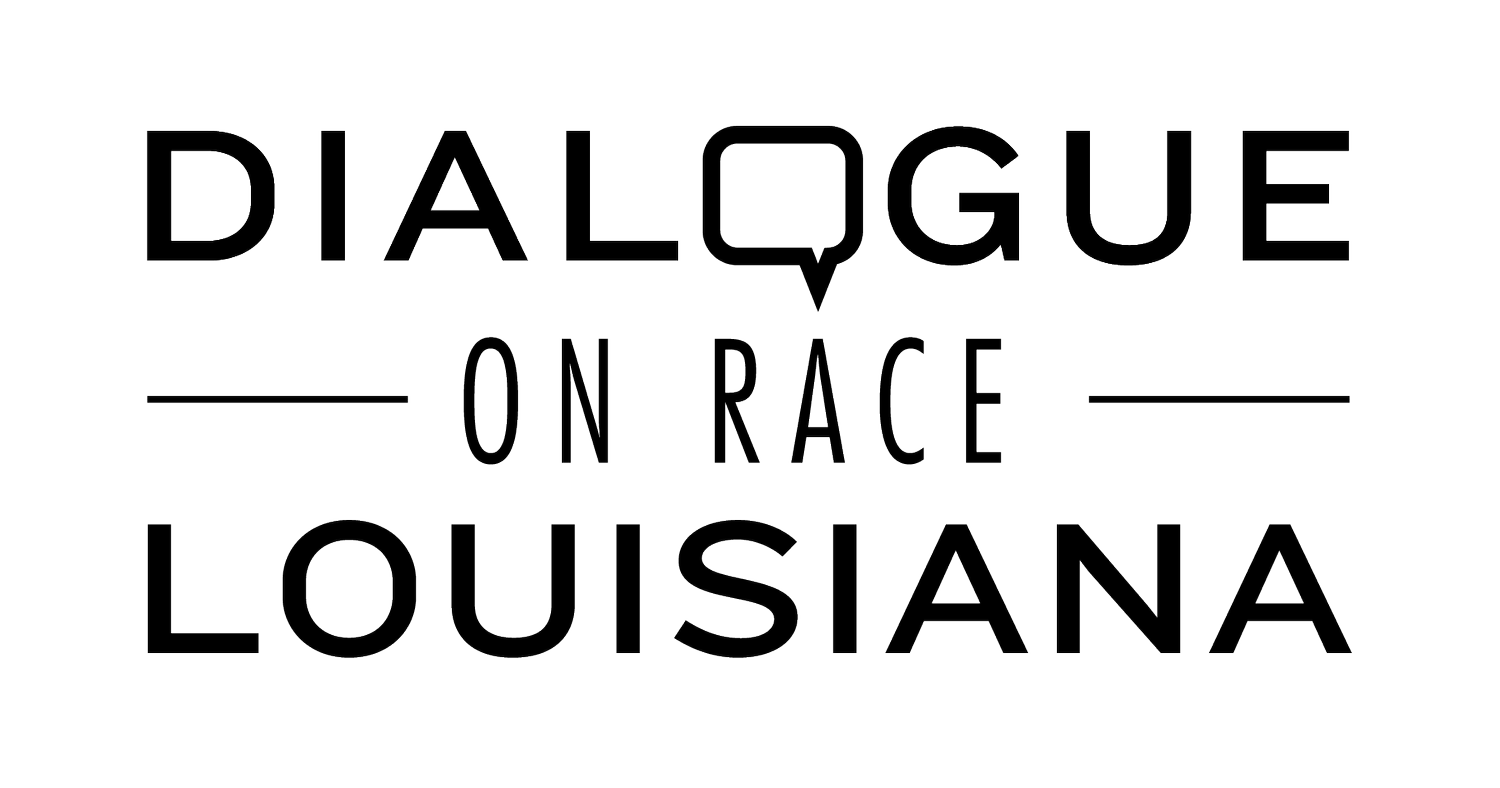Uncovering the Shadows of Sundown Towns: A Facilitator's Journey with Dialogue on Race
Author: Jasmine Pogue, DORLA's Facilitator Coordinator
As the Facilitator Coordinator at Dialogue on Race Louisiana (DORLA), Jasmine plays a pivotal role in recruiting, training, and supporting DORLA alumni as trained facilitators across the United States and beyond. With a deep commitment to fostering open and honest dialogue, Jasmine brings a wealth of knowledge and empathy to her facilitation work.
As a facilitator for Dialogue on Race Louisiana (DORLA), I have led engaging dialogues where participants explore the impact of institutions in perpetuating racism. Recently, during a virtual Advanced Series session, the group delved into the topic of housing, discussing the Federal House Act of 1968 and the unequal distribution of wealth in the United States. The conversation took an unexpected turn when one participant shared a link about sundown towns in the United States.
DORLA's unique approach focuses on the role of institutions in maintaining racial disparities rather than solely focusing on individual prejudices. One topic that surfaced during the session was sundown towns, which inspired me to explore further. Sundown towns are not limited to the South, as commonly believed, but exist across the United States, including New England, where I live.
One participant shared a map of sundown towns from the History and Social Justice website. To my surprise, I discovered that Dedham, the town where my family and I lived when we moved from Louisiana to Massachusetts was once a sundown town. Dedham, a small suburb outside of Boston, had a virtually all-white population in the past, driven by racial exclusion practices.
On the website, I found the commentary: "Dedham’s 1930 and 1940 black population were mostly live-in domestic workers. In 1930, only one of the black residents was under the age of 15 (a boy under five), and in 1940, no black Dedhamites were under the age of 15. Teenage domestic servants were quite common in this era, so Dedham’s older black teenagers (those 15-19) were mostly likely domestic workers."
The poignant words of a former resident posted to the web in 2002 further echoed the town's dark history: "I grew up in a sundown town – Dedham, Massachusetts. What is extraordinary about Dedham is that it borders the Boston neighborhoods of Hyde Park and Readville, yet is virtually 100 percent white. As kids, we always heard that it was that way on purpose... 'Dedham is a great town. Ten minutes from Boston and no niggers.' So it continues."
Discovering this hidden past shed light on how towns like Dedham were deliberately kept predominantly white. Through legal mechanisms, it became evident how the United States Government perpetuated wealth-building opportunities for one group while denying the same to another.
Living in Dedham for a year, I witnessed the rising property values and affluent neighborhoods. The hefty price tags on houses seemed unusual at first, but I now realize the profound impact of historical segregation on property ownership and wealth-building opportunities.
Dialogue on Race has taught me to question and challenge my own misconceptions. For me, sundown towns used to evoke images of run-down or rural areas far removed from urban centers. However, through facilitating DORLA's Advanced Series, I realized that such towns may more likely be affluent, thriving communities that continue to prosper today, thanks to sanctioned discrimination. The dialogue process empowers participants to examine historical contexts and their present-day implications critically.
Dialogue on Race has continued to be a growing experience, and as a facilitator, I continue to learn alongside the participants. It challenges myths and stereotypes we hold and inspires deep reflection on the role of institutions in shaping our society. Through open conversations, we seek to create understanding and work towards ending racism.
Through open conversations, the Dialogue on Race educational process leads to understanding and informed action.
If you are ready to join this transformative journey, I invite you to sign up for an upcoming Dialogue on Race Original or Advanced Series. Engage in meaningful dialogue where everyone can be a voice for change.
Ready to Start the Conversation? Sign Up for an Upcoming DORLA Series Today!
If you are a business or organization seeking to promote diversity, equity, and inclusion (DEI) initiatives, contact Dialogue on Race Louisiana to learn how you can bring DORLA’s powerful conversations to your institution.
As I continue to learn and grow, I hope more people will embark on this enlightening journey with Dialogue on Race Louisiana. Together, we can challenge the shadows of our history and create a brighter, inclusive future for all.
